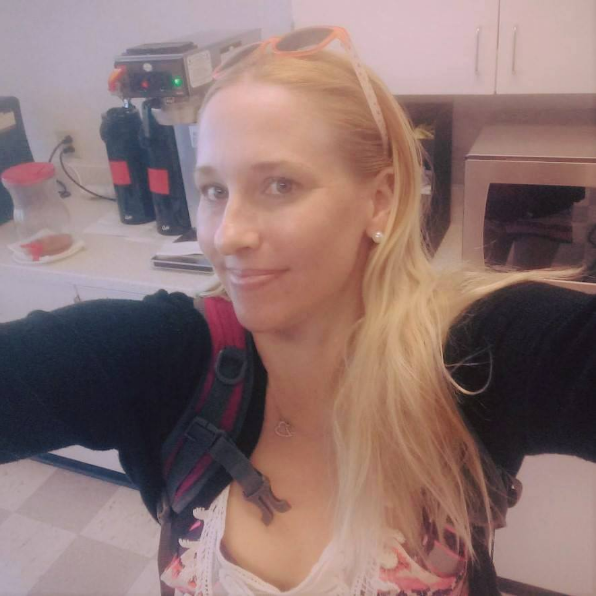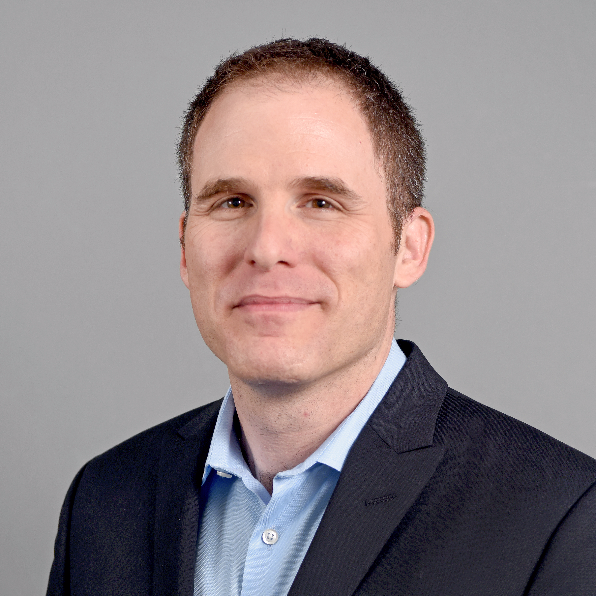The end is coming and we’re obsessed with it

Image courtesy of pexels.com
After a long day, most people choose to unwind by watching television. There are so many shows to choose from on streaming sites, networks, even web series — and in recent years, there has been an influx of shows about the apocalypse, postapocalypse and the afterlife. "The Good Place," "The Walking Dead," "The Last Man on Earth," "Miracle Workers" and "Good Omens" have all captivated audiences with their writing, plot and characters.
Odds are you’ve heard about at least one of these shows, and if you’ve seen any of them you might think you’re just relaxing and watching a funny comedy or an intense survival drama when the truth is, you’re learning all about moral ethics.
Every single one of these shows, at its core, is a conversation about what it means to be good or bad, what it means to do the right or wrong thing. It’s a discussion every society has and tries to determine among itself. But what if being good or bad doesn’t matter —because it’s too late?
That is where these shows come in. NBC’s "The Good Place" follows Eleanor, a recently deceased woman from Arizona who is mistakenly placed in “the Good Place” when she should have gone to “the Bad Place.” Once she realizes the mistake she asks her new friend Chidi to help her be good, but if she’s already dead, how can she become good?
Or in TBS’ "Miracle Workers," two angels must convince God there is a reason to keep the human race alive after he determined humans to have no redeeming qualities. Set on a clock, the audience watches and questions if humans can be saved in time.
So why are we so tuned into this dilemma? Why are we fascinated by the end of our existence and where we might end up when we die? Can philosophy help us understand personal change and how mistakes define humans?
Maura Priest, assistant philosophy professor
“Let me begin with this, philosophers disagree,” said philosophy Assistant Professor Maura Priest. “They disagree a lot and disagree with intensity. Virtue ethicists believe that the core of ethics is character, i.e., what kind of character traits make someone a good person or a bad person and relatedly, what can we do to acquire character traits that will make us better people? What should we avoid if we wish to avoid the degeneration of our character from good, or at least decent, to bad?”
According to Aristotle, who some say is the founder of virtue ethics, if we are capable of change, that change comes through habituation. This means that before we can be good people, we must act like good people.
“Suppose that we know one of our character flaws is selfishness with our own time,” Priest said. “We can start to change by saying, ‘yes,’ when asked to volunteer our time. We might not want to say yes, but we should both say yes and act as if this is what we wanted to do.”
A change can be difficult at first, but if a pattern is followed, it can become easier to emerge as a better person without realizing it. Practice makes perfect, right?
Saying yes and trying to be nicer is one thing, but what about when our emotions come into play?
“There are times to be angry and during those times, the virtuous person must learn to not only be angry, but to have the proper degree of anger for the proper amount of time,” Priest said. “Anyone who wants to be a better person, then, must focus not merely on what they do, but also on what they feel.”
This is, of course, easier said than done. In watching shows such as "The Walking Dead," viewers are thrown into a world where people don’t have to control their emotions as well as they do in regular society: A whole new idea of how to be good comes into play.
Even in a zombie-ridden society, the characters are fighting to bring good back into their world despite their conditions. Yet they struggle and can end up bringing harm and bad to the world around them. We are no different.
“In spite of the fact that most of us care about being a good person, we also do things that bring bad into the world and make us worse persons,” Priest said. “But why would someone who cares about goodness promote what is bad? Because humans are complicated.”
We can be good in our day-to-day lives and try to be good people in practice. Yet in falling short or doing something that hurts another in an attempt to gain something for ourselves, we become bad.
There are many forms of media that play on our desire to be good. So why are we all so drawn to death and despair?
Shawn Klein, philosophy lecturer
As philosophy lecturer Shawn Klein puts it, by putting characters in an afterlife of sorts, whether it be literal or physical, the choices characters make are heightened and have a greater weight.
“Since being good means consistently doing the right thing, in the right way, for the right reasons and at the right time, it is all too easy to go wrong,” Klein said. “There are many spots along the way to misstep.”
As characters in these shows come to realize they have made a lot of mistakes in their lives, it is easy for viewers to reflect on their own lives and wonder where they have gone wrong. But with so many ways to go wrong, it can be a bit unsettling to think about.
“First, we are reminded of how easy it is to make a mistake and how these missteps can accumulate, and if we don’t change, we could send ourselves, as Yoda (from 'Star Wars') warns, towards the Dark Side,” Klein said. “Second, we can’t rely on our expectations that the angel or superhero is the good person. We are forced to think about the characters and evaluate them based on their choices and actions.”
Good and bad can be blurred at times, but that is where ethics comes in. Media can help bring us these discussions. As Klein said, “These stories expand our moral imagination, giving us chances to experience kinds of ‘what to do in this case’ (scenarios) that we might never experience in our lives.”
More Arts, humanities and education

ASU professor's project helps students learn complex topics
One of Arizona State University’s top professors is using her signature research project to improve how college students learn…

Award-winning playwright shares her scriptwriting process with ASU students
Actions speak louder than words. That’s why award-winning playwright Y York is workshopping her latest play, "Becoming…

Exceeding great expectations in downtown Mesa
Anyone visiting downtown Mesa over the past couple of years has a lot to rave about: The bevy of restaurants, unique local shops…



